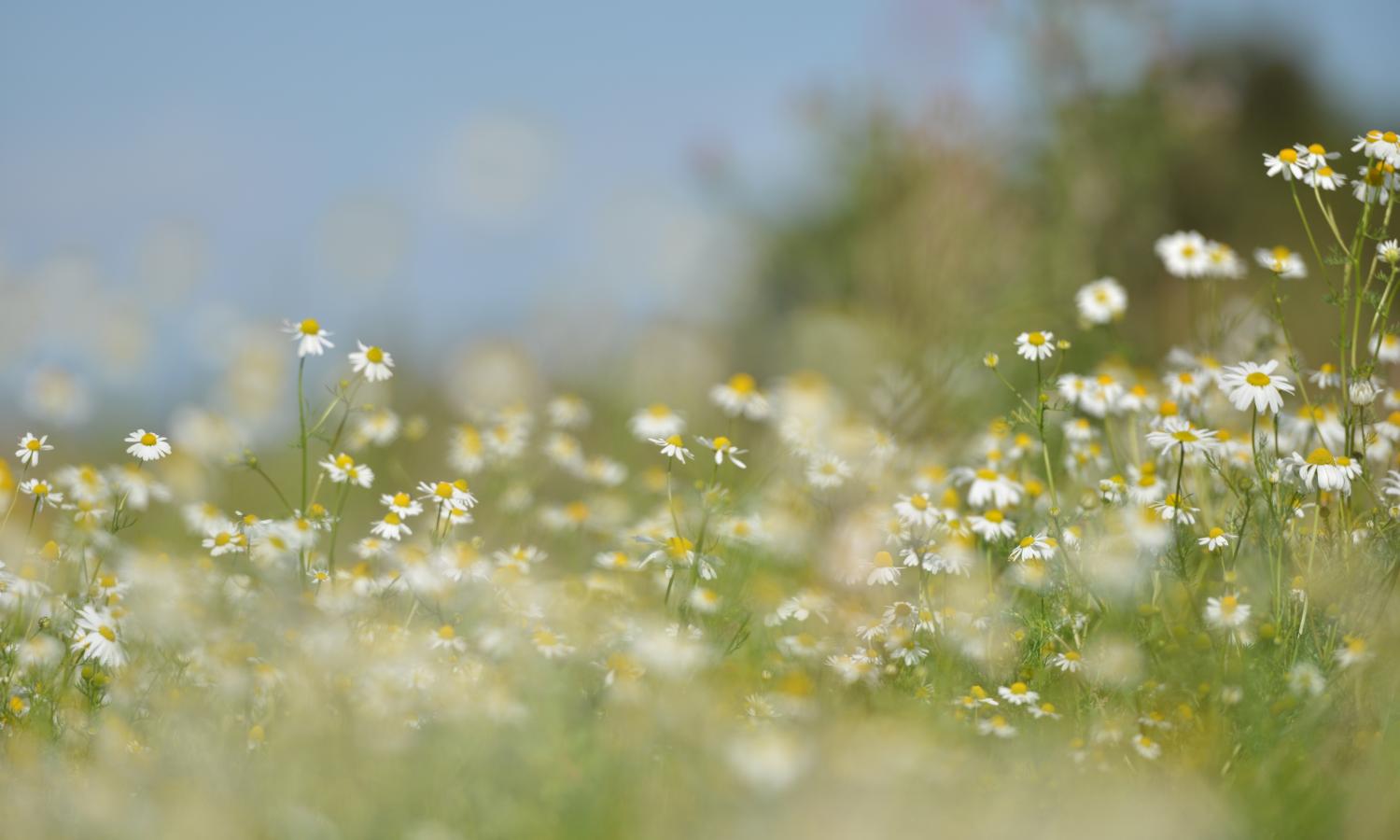I'm absolutely thrilled to confirm that Butterfly Conservation has been given nearly £173,000 to help farmers and landowners work together to save butterflies.
The money is coming from the new Countryside Stewardship Facilitation Fund set up by Defra and Natural England to improve conservation management across different landscapes.
Landscapes are often broken up and owned by different people and organisations, but butterflies don’t ‘understand’ these boundaries. Habitats that are better connected increase the success of conservation projects to save rare species like the Pearl-bordered Fritillary or Duke of Burgundy.
We've decided to split the money between two ongoing projects over the next five years; The Wyre Forest in the West Midlands and the Morecambe Bay Limestones area in the North of England.
The successful Facilitation Fund in the Wyre Forest is spearheaded by Dr Jenny Joy (West Midland’s Senior Regional Officer) and is focused on improving key habitats such as meadows and woodlands across a wide area by building on what has already been achieved for priority species.
Jenny told me: “For the first time, this scheme gives us the opportunity to work with surrounding landowners in a way we have wanted to for years. We will be looking to recruit new members who are keen to work co-operatively and develop Countryside Stewardship applications which are complementary and really do reflect local priorities in terms of habitat creation, improving connectivity and increasing species abundance”.
In the North of England, BC’s Morecambe Bay Limestones  Conservation Officer, Martin Wain is facilitating a group covering 19 holdings and nearly 2500 hectares of woodland and limestone grassland. The project will use a variety of approaches to ensure that High Brown Fritillary, Pearl-bordered Fritillary and Duke of Burgundy benefit from our coppice and ride management to restore breeding habitat.
Conservation Officer, Martin Wain is facilitating a group covering 19 holdings and nearly 2500 hectares of woodland and limestone grassland. The project will use a variety of approaches to ensure that High Brown Fritillary, Pearl-bordered Fritillary and Duke of Burgundy benefit from our coppice and ride management to restore breeding habitat.
Martin told me: “I am really looking forward to working with the landowners, businesses and community groups around Morecambe Bay. This fund gives us a great opportunity to look at demonstrating positive management, supporting local wood fuel business, encouraging connectivity and providing volunteer opportunities in one of the best areas in the UK for Wildlife”.
The scheme itself is funded by the European Agricultural Fund for Rural Development (EAFRD) and is part of the Rural Development Programme for England (RDPE). It is competitive and in this first application round only 19 bids were successful.
The Facilitation Fund is a novel approach to achieving more value for money from agricultural subsidies. With an expert facilitator driving the five-year projects, it is hoped that the farmers and landowners will share knowledge, skills, contacts and machinery to really support species and habitat conservation beyond their own farm boundaries.

